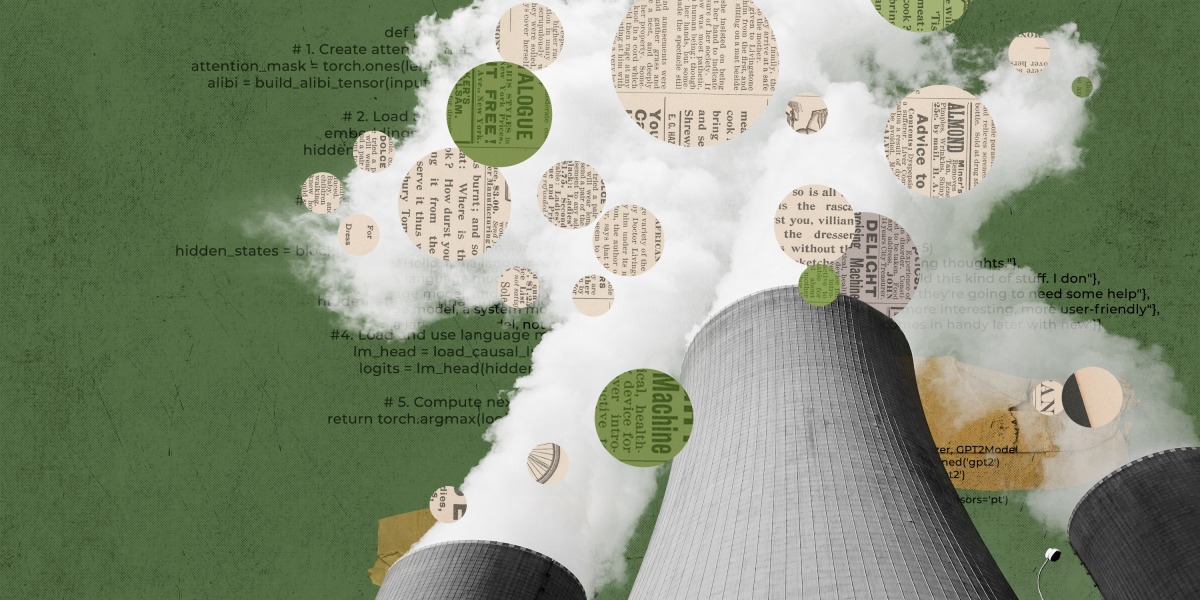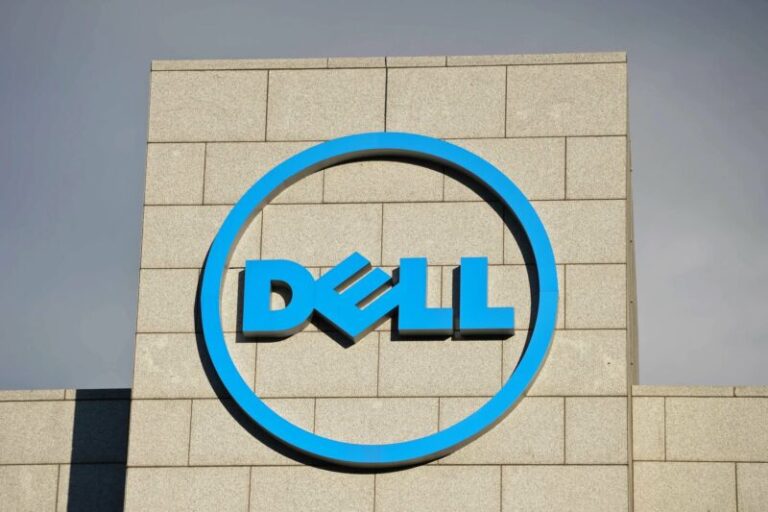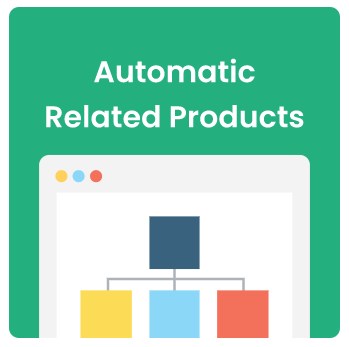
Demanding that tech companies provide more data about the climate impact of building, training, and using AI is a start. We should also shift away from being obsessed with building ever-bigger AI models, and try to come up with ways to do AI research using more energy-efficient methods, such as fine-tuning existing models.
Deeper Learning
Inside Alphabet X’s new effort to combat climate change with AI and seagrass
MIT Technology Review got a sneak peek at Tidal, a new climate change mitigation project by X, the moonshot division of Google’s parent company, Alphabet. Tidal uses cameras, computer vision, and machine learning to track the carbon stored in the biomass of the oceans. It’s part of an effort to improve our understanding of underwater ecosystems in order to inform and incentivize efforts to protect the oceans amid mounting threats from pollution, overfishing, ocean acidification, and global warming.
With projects like Tidal, X is creating tools to ensure that industries can do more to address environmental dangers and that ecosystems can survive in a hotter, harsher world. It’s also leaning heavily in to its parent company’s areas of strength, drawing on Alphabet’s robotics expertise as well as its ability to derive insights from massive amounts of data using artificial intelligence. Read James Temple’s story about it.
Bits and Bytes
Elon Musk is starting to see the consequences of laying off AI teams
When the billionaire took over Twitter, he laid off half the company’s staff, including machine-learning teams working to ensure that the platform’s infrastructure is safe, secure, and reliable. The ethical-AI team and those working on infrastructure were among those let go. The results were almost immediate: the site is slowly starting to break down. We spoke to a former Twitter engineer to hear how it’s likely to pan out. (MIT Technology Review)
A lawsuit could rewrite the rules of AI copyright
In the first class action lawsuit in the US on the training of AI systems, Microsoft, GitHub, and OpenAI are being sued for allegedly violating copyright law by reproducing open-source code using AI. GitHub Copilot scrapes websites for code and, like large language models, regurgitates what it’s collected in its database without crediting the original source. A lawsuit challenging the legality of this model could have major knock-on effects for other AI systems that are trained by scraping the web, from text-generation to image-making AI. (The Verge)
Are the US and China really in an AI cold war?
This is a really interesting series that unpacks some of the problematic narratives around the race for AI development between the US and China. (Protocol)
Amazon’s new robot can handle most items in its warehouse
The new robot, called Sparrow, can pick up items in shelves or bins so that they can be packed into boxes. This has traditionally been too tricky for robots, because there are so many different kinds of objects with different shapes and sizes. Amazon’s robot uses machine learning and cameras to identify objects. This could help speed up warehouse operations. (Wired)
Supermodel generator
A new text-to-image AI called Aperture is reportedly about to drop this week from Lexica, and it seems to be able to generate very realistic-looking photos of supermodels. I’m very curious to see this model in action, because other popular image-generating AIs, such as DALL-E and Stable Diffusion, struggle to generate fingers and hands, as well as human faces that don’t look as if they have melted in the sun.






